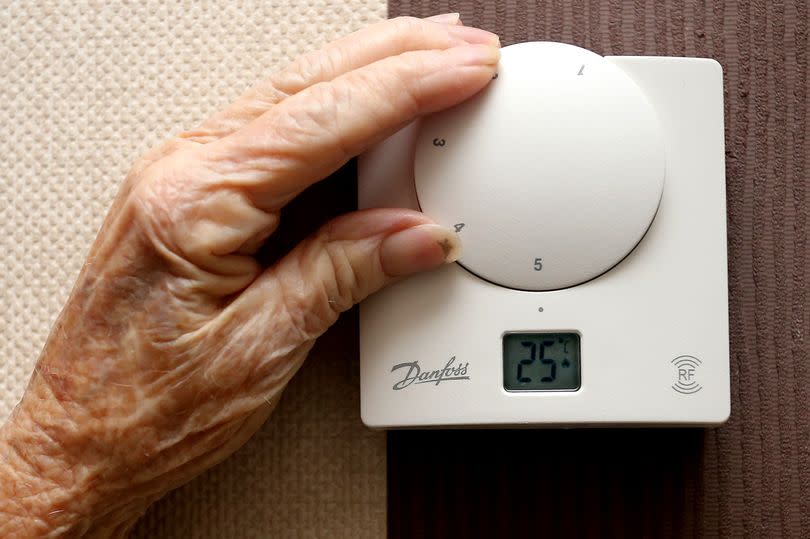'Serious concern' if you're feeling cold at home despite warm weather

A heating expert has highlighted a "serious concern" for people who might still be feeling cold at home despite warm weather. Gordon Wallis from Your NRG has explained the reasons why some parts of your house might still feel chilly even in the middle of summer - and said action should be taken.
He said: "Uneven temperatures throughout the house often indicate insulation issues. When certain rooms feel much colder or warmer than others, it clearly shows that heat isn't evenly distributed. This leads to discomfort and results in higher energy bills as your heating system works harder to compensate.
"Wet or damp insulation is a serious concern that shouldn't be overlooked. When insulation becomes saturated, its effectiveness diminishes, leading to increased energy consumption and potentially costly heating bills. Investing in moisture-resistant insulation, such as multi-foil, can help fix this issue and ensure consistent warmth throughout your home.
"Draughts are a common problem in older homes and can impact their heating. No matter how much insulation you have, if your house isn't properly sealed, you're letting warmth escape. Seal gaps around doors and windows to help them retain their heat and improve their energy efficiency.
"The recommended indoor temperature is around 21C, so straying too far from this can lead to discomfort and unnecessary energy use. Proper insulation and heating systems can help homeowners stay comfortable.
"When you’re trying to figure out your heating issues, check your boiler and thermostat. A broken boiler or thermostat can reduce heating efficiency and increase energy use. To avoid your boiler breaking down on you, keep it cleaned, check the parts regularly, and inspect for leaks - this will keep it in its condition.
“Similarly, if your heating system is outdated, it may not be able to warm your home properly, leading to colder parts of your home and higher energy bills. Switching to a new boiler is the best decision in this case.
“While the initial investment may seem daunting, the long-term benefits, such as improved comfort and energy efficiency, make it worthwhile. By making sure your heating system matches the needs of your home, you can stay warm and save on your bills.
"Getting the most out of your heating system goes beyond simply cranking up the thermostat. Check radiators for cold spots, bleed them when necessary and place shelves above them to get the most out of your radiator."

 Yahoo News
Yahoo News 
